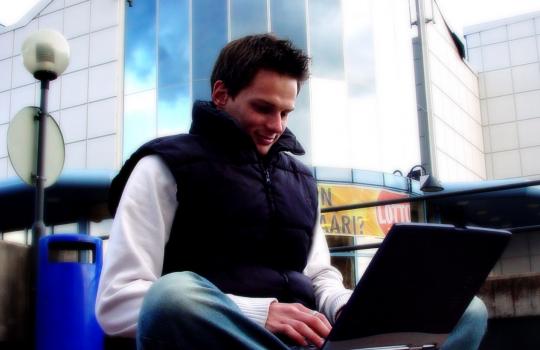The very different demands of Generation Y and an increasingly ageing workforce combined with a progressive move to remote and flexible working will generate a number of HR headaches over the next few years.
But according to an online poll undertaken among 262 facilities managers by employee satisfaction measurement tools provider Leesman on behalf of the British Institute of Facilities Managers (BIFM), there is a widespread lack of recognition of the forthcoming problems.
Although 84% of respondents acknowledged that the quality of the workplace had a direct effect on staff productivity, some 48% failed to grasp that the oldest and youngest employees had very differing needs.
The report entitled ‘Post-recessional Workplaces Review’ also indicated that the situation was only likely to get worse when the Default Retirement Age was abolished in 1 October 2011. It pointed to a study undertaken by the Equality and Human Rights Commission in January this year, which indicated that the number of people over 55 planning to work beyond the state pension age since the recession began, had jumped from 40% to 71%.
Stephen Bennett, the BIFM’s strategy director, said: “The oldest and youngest employee groups look for very different things in their workplaces. So those responsible for the workplace are going to have some big issues to address in the way that they create effective offices spaces for an increasingly diverse workforce, not to mention an increasingly mobile one.”
To make matters worse, just under three out of five employers are also actively trying to reduce the amount of office space they occupy in a bid to cut costs. As a result, 61% are “actively encouraging” remote and flexible working practices or trying to squeeze the same number of people into less space.
Tim Oldman, Leesman’s managing director, said: “Whilst most employees accept the trend for the loss of their solo office or the increase in occupant densities, they expect a range of other spaces that they can seek out to support their varying work. Therefore, it is patently no longer acceptable to throw in some unallocated desks to a plan and refer to them as the ‘hot’ or ‘hotelling’ desks and think their dispersed teams will be catered for.”









